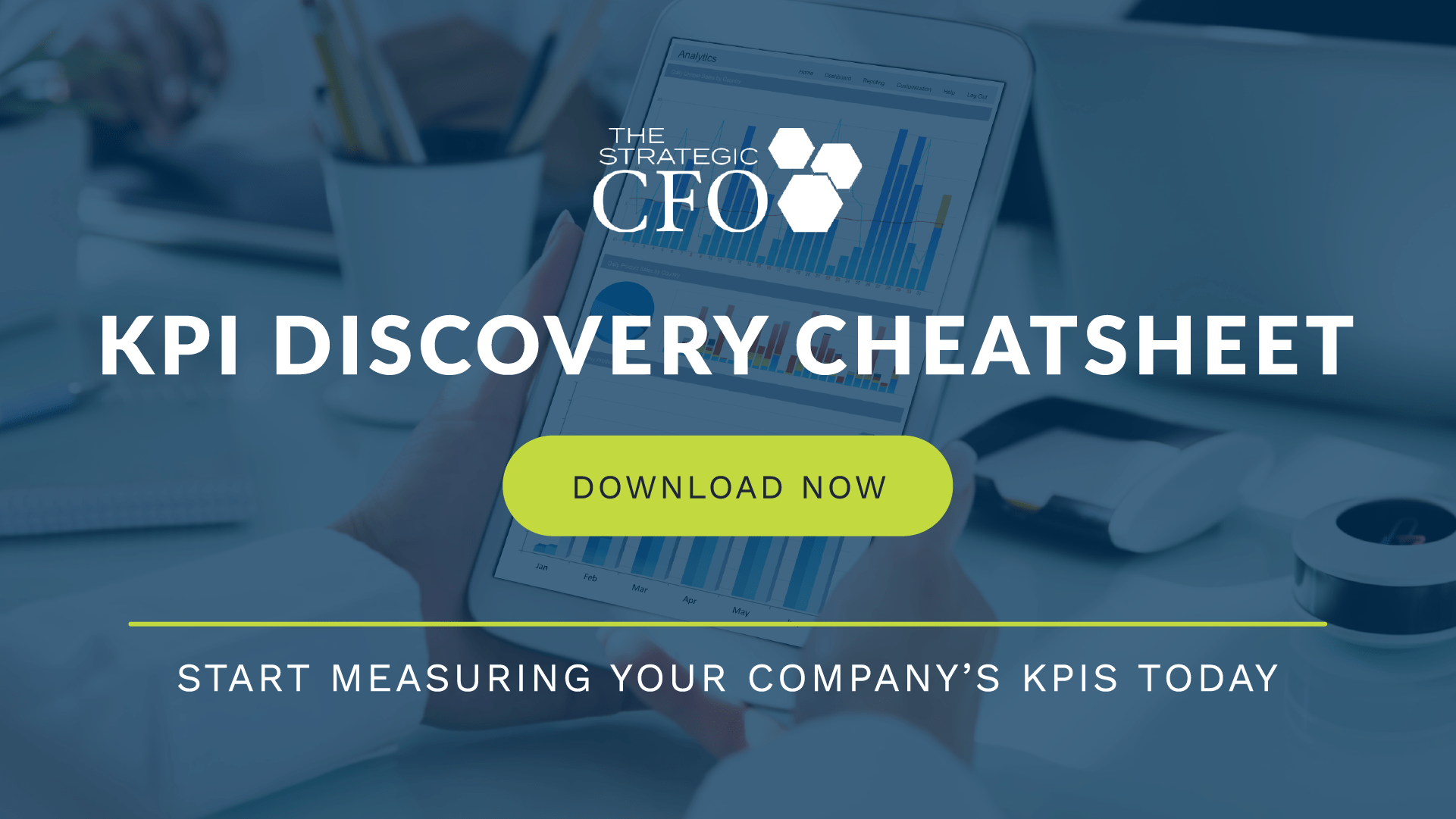There is more information available today than in another other age before. It’s overwhelming. Instead of having verbal conversations with one another, there is a room of people on their phones or laptops communicating with other people around the world. We are processing thousands (if not millions) of pieces of information a day. And that’s making the role of the financial leader more difficult. There is simply too much information. So, how do you navigate financial leadership in the digital age?
First, take a look around the office. How much of your team’s work in on a device? How does your team look visibly (tired and exhausted or alert and awake)? If you go to any news source (Wall Street Journal, New York Times, etc.), notice how many articles are about technology and anything digital. Almost every article has some tech or digital component to it. This issue impacts financial leaders all around the world.

Too Much Processing of Information
News channels, Facebook, Twitter, Instagram, Youtube, TV shows, financial statements, reports, contracts… Every piece of information we take in from the moment we wake up to the moment our eyes shut is simply overwhelming. There is too much processing of information occurring, and it has the risk of destroying a company’s value. A company’s leadership needs to be on guard of how much information they are processing each day. An article Fast Company published says, “Our brains have the ability to process the information we take in, but at a cost: We can have trouble separating the trivial from the important, and all this information processing makes us tired.” Our brains can only hold so much – much like a bandwidth of Internet. Once we go over that bandwidth, then we start to lose or forget information – even the most important information.
So, what does one do? They focus on a few key metrics rather than all the metrics. Click here to start identifying those key metrics with our KPI Discovery Cheatsheet.
Financial Leadership in the Digital Age
Financial leadership in the digital age is continuing to evolve and involve more areas in business than accounting. Already, financial leaders take a role in operations (productivity, efficiency, etc.), investment decisions, strategic planning, and human resources. I tell any CEO hiring a CFO that the CFO should be good enough or better to take on the role of a CEO.
Have a Team to Process the Information
As the financial leader, you have the opportunity to defer the role of sifting through all the information and data. Have your accounting department analyze all the information and package it into the most important information that you need to make strategic decisions. The CFO sits on a lot of information to begin with. With a team’s support, the CFO can focus on the most important information.
Focus on Key Performance Indicators
Financial leaders in the digital age need to identify the key performance indicators (KPIs) that really matter in the business. If they don’t identify those KPIs, then they risk being overrun by data and may miss something important – result in injury, lawsuit, fines, etc. With current systems that are properly installed, you can have thousands of bits of information in your monthly report. But may I ask, what do you really need to make decisions?
Today, a client asked me if I wanted to see the daily reports. I asked what is in the daily report. The client responded with, “everything”. It included man hours, throughput, downtime, what was sold, was was wasted, HR information on who clocked in late and who was on time, literally everything on a daily basis. My response was simply “no” because I do not need to see everything every day because I am running the company as an Interim-CEO. Instead, I want to see data that is meaningful, weekly, and information that will lead me to make business decisions. If we have over time one day of the week and none the rest of the week, then that will not lead me to make any business decision in this case.
Since so much data is available real time, be sure to gather and analyze that which is relevant and will lead you to make a decision.
Hire the Right Team
CFOs need to reevaluate which positions they are adding to their accounting department. Consider positions like data scientists, data security professionals, statisticians, and IT delivery specialists to add to your team. If the digital age is creeping into every area of business (especially accounting), then you need to have people with more experience in data, security, and analysis.
Adopt and Adapt to Technology
McKinsey recently reported that “the average capital project reaching completion 20 months behind schedule and 80 percent over budget.” Why? Because the stakeholders (project managers and contractors) in these capital projects are resisting technology. This is just one example of how resisting technology is a technology driven world will have an impact on the bottom line. If your company is already utilizing technology, then think of areas that you could be using more technology to reduce costs. If your company is still operating in the proverbial Stone Age, then it’s time to bring in a consultant or a team to implement a digital component. That could be an accounting system, a customer relationship management (CRM) system, an optimized website, etc.
In another example, retailers everywhere are having to change their business models to cater to the buy-now demand that customers have taken up. Retailers are creating e-commerce sites, closing brick and mortar stores, and managing inventory entirely different all because of technology. Recently, even grocery stores have been competing with companies, like Instacart and Favor, who are doing the shopping for customers that do not want to shop by creating their own delivery services.
Automation Plus Analysis
Over the years, the automation has creeped into finance and accounting departments. While at first, many in accounting were terrified that it would make their roles obsolete, we are seeing something different. You can only automate so much. In the end, business is all about humans. You cannot automate humans. What does that mean exactly? That means that now accountants are able to do more with the data than punching the information into spreadsheets, systems, etc. They can now spend their time analyzing the data, and thus, they become more valuable to the firm.
In a Wall Street Journal article, Paul McDonald from Robert Half says that, “companies plan to move the expertise needed to modernize their finance departments in-house, even as the process brings about more automation to routine tasks.”
Stay Focused in the Digital Age
So, how does one stay focused in the digital age? It starts with knowing what information is important enough to earn your attention and what information is simply a distraction. Start measuring your company’s KPIs today with our KPI Discovery Cheatsheet.
Access your Flash Report Execution Plan in SCFO Lab. The step-by-step plan to maximize profits.
Click here to learn more about SCFO Labs[/box]













